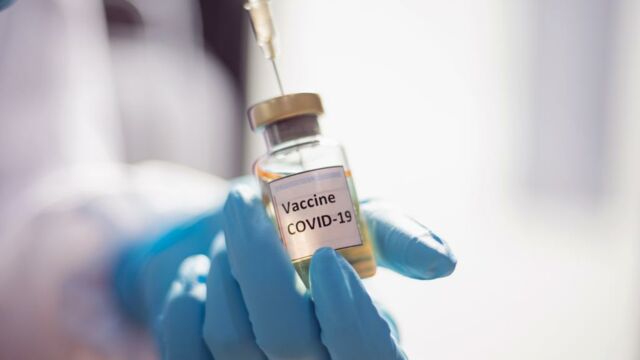The New England Journal recently published a study revealing two cases of coronavirus in people who were fully vaccinated. Also known as a breakthrough infection, it remains a rare phenomenon.
Discover our latest podcast
Two new cases of breakthrough infection in the US
The study involved 417 employees of Rockefeller University and found two of the vaccinated staff had tested positive forcoronavirus.
The first case was a 51-year-old woman who had received her second dose of Moderna on the 19th of February. Just 19 days later, the woman tested positive for COVID after developing symptoms.
The second breakthrough coronavirus infection occurred in a healthy 65-year-old woman who received her second dose of the Pfizer vaccine on the 9th of February. One month later, her unvaccinated partner tested positive for the virus, and the woman herself began to develop symptoms. She then tested positive for the virus on the 17th of March.
In both cases, the women did not develop any severe symptoms and recovered quickly. Dr Robert Darnell, a senior physician at Rockefeller University in New York City and the lead co-author of the study, revealed there is no cause for concern:
They certainly didn't need to be hospitalised. They had at-home cases of COVID-19.
How many breakthrough infections have been reported?
The Centre for Disease Control (CDC) in the US has reported around 5,800 cases of breakthrough coronavirus infections out of 75 million fully vaccinated people. Out of these cases, 396 people were hospitalised, and 74 passed away.
The CDC explained that these cases could occur in any vaccinated person, no matter the age. However, more than 40% of infections were in people aged 60 and older. The disease watchdog also claimed that there is evidence that being fully vaccinated will result in less severe COVID infections.
Breakthrough infections are to be expected
While they may seem scary, breakthrough infections are actually expected. This is because none of the vaccines available are 100% effective against coronavirus.The Moderna jab is reported to be 94.1% effective after both jabs; in Pfizer, this efficacy rate is 91%. That means there is still a 5.9% and 9% chance, respectively, of contracting COVID while fully vaccinated.
Professor Barry Bloom, an immunologist at the Harvard T.H. Chan School of Public Health, revealed that there have been ‘far less’ breakthrough cases than expected as 5,800 of 75 million is just 0.0075%. Professor Graham Medley, from the London School of Hygiene & Tropical Medicine and chairman of Spi-M made a similar point:
The only thing we can be sure of is that we don’t know exactly what is going to happen but we do know that because the vaccine isn’t 100% effective, there will be some transmission, and there will be some breakthrough of immunity.
However, it is also possible that more people have had breakthrough infections than reported, as fully vaccinated people with COVID symptoms may not believe that it is possible to contract the virus and may not follow up with a test.
What causes breakthrough infections?
Some researchers found that some alternative strains of COVID-19 may have been the cause of the breakthrough cases, although much is still unclear.
The South African variant which had infected one of the breakthrough patients is also the host of the E484K mutation, which helps it to bypass the antibodies provided by the immune system. One mutation found in both breakthrough infections was D614G which is found in South African, UK and Brazilian strains and makes the virus up to eight times more infectious.
However, the original strain of coronavirus is also able to cause breakthrough cases.
Even if you’re vaccinated, you should continue to get tested
Even if you’re fully vaccinated, it is still essential to continue to adhere to COVID safety measures. Especially in areas that have a high infection rate. It is possible that vaccinated people can still pass the virus onto others, so it is vital to wear your mask, practise social distancing, sanitise your hands and get tested regularly.















